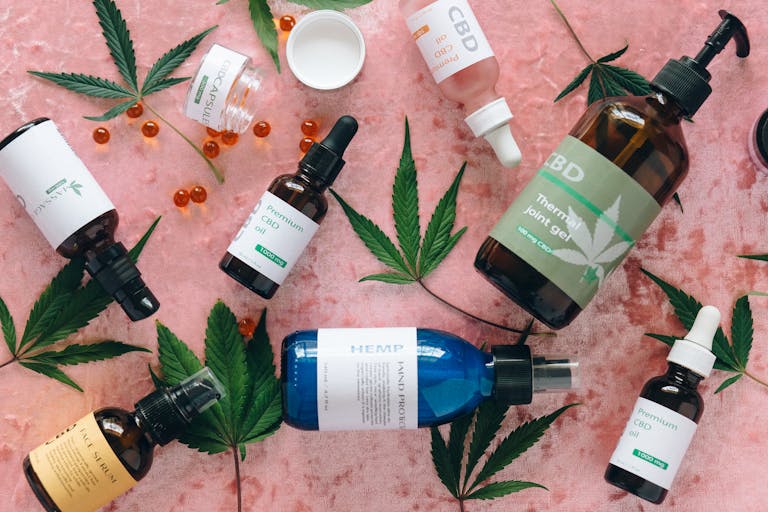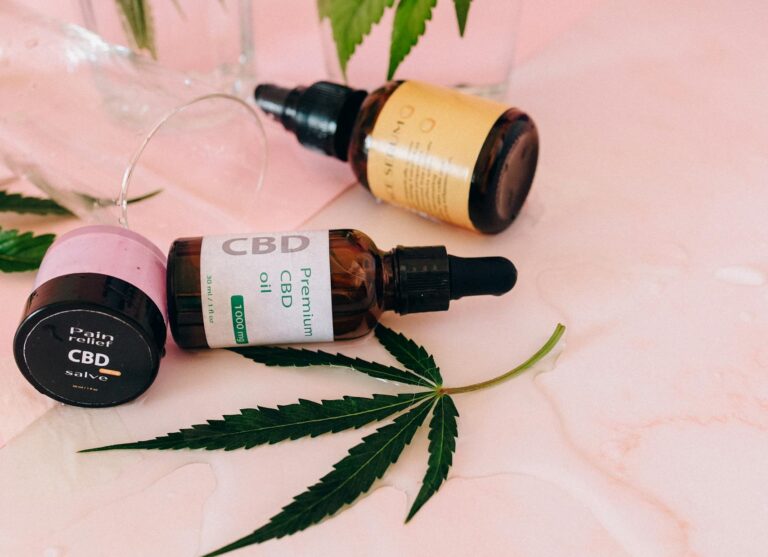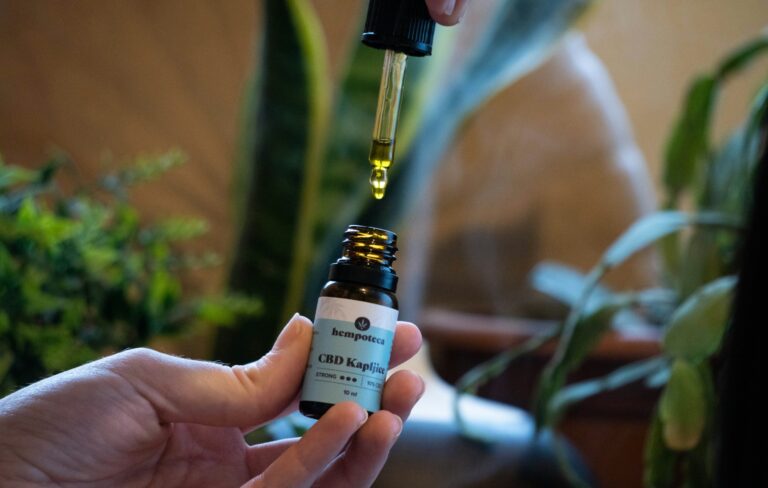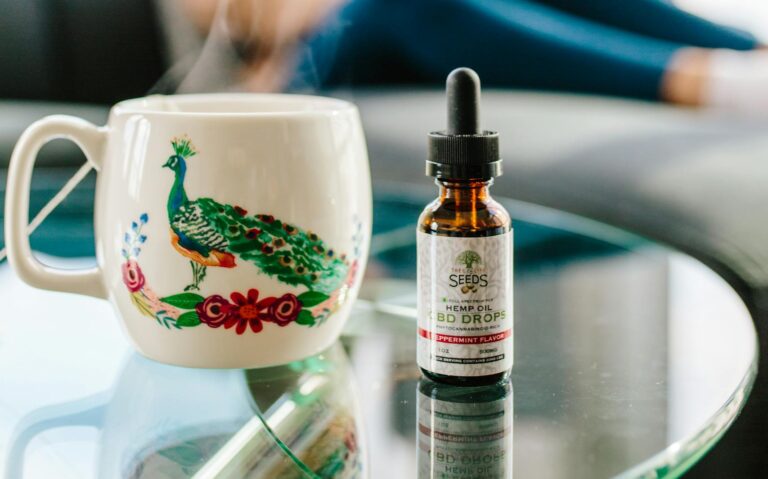What Does Full-Spectrum CBD Really Mean?
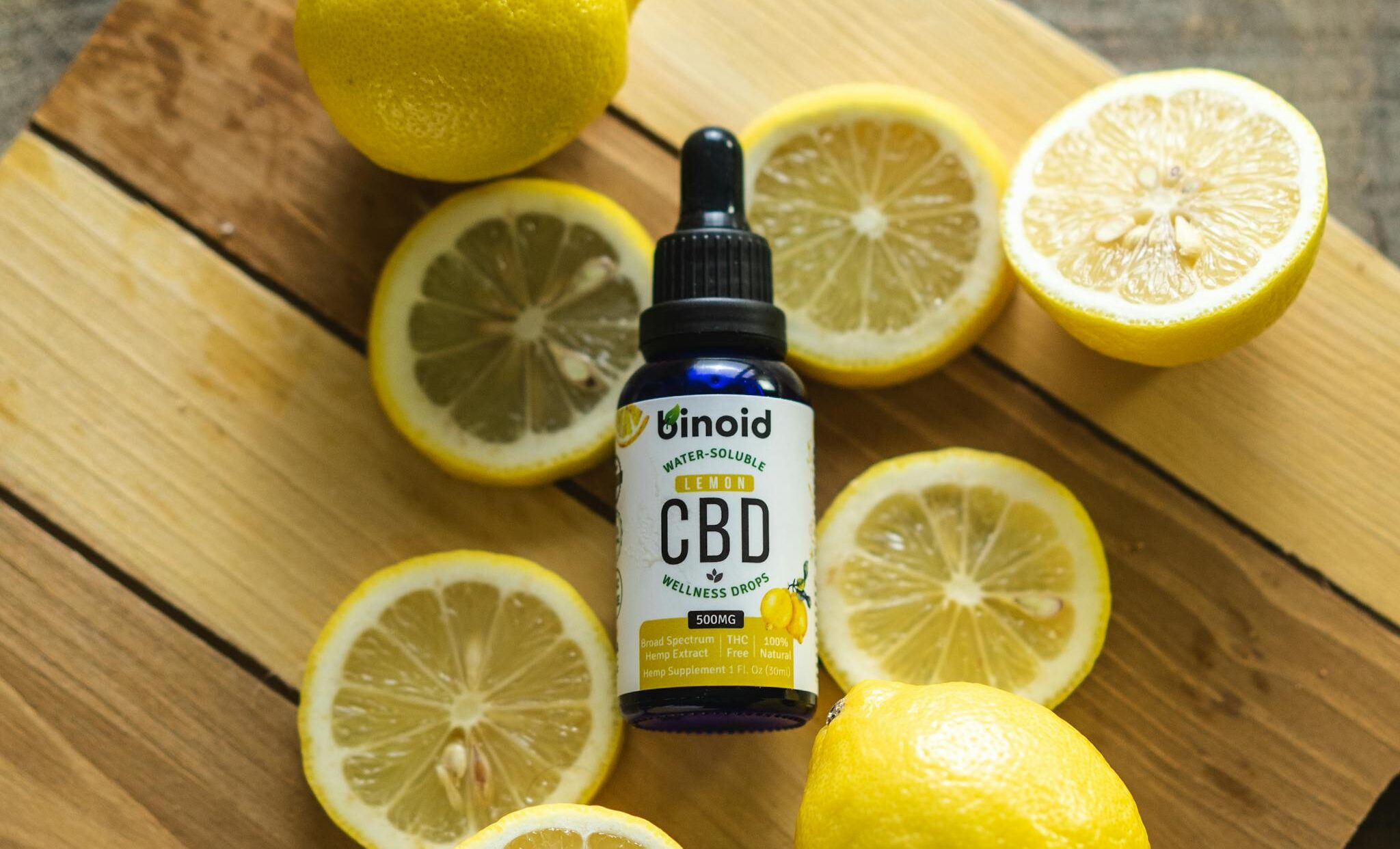
When exploring the world of cannabis-derived products, many people come across the term “full-spectrum CBD.” But what does full-spectrum CBD really mean? Understanding the intricacies of this product can help consumers make informed decisions about their wellness journey. This article delves into the definition, benefits, and differences between various types of CBD products, specifically focusing on full-spectrum CBD.
The Basics of Cannabinoids
Before diving into the specifics of full-spectrum CBD, it’s essential to understand cannabinoids, the active compounds found in the Cannabis sativa plant.
Cannabinoids interact with the body’s endocannabinoid system (ECS), which plays a crucial role in regulating various physiological processes including mood, pain, and appetite. The two most well-known cannabinoids are:
- Tetrahydrocannabinol (THC)
- Cannabidiol (CBD)
While THC is primarily known for its psychoactive effects, CBD is renowned for its therapeutic potential without the “high.”
What Are Full-Spectrum, Broad-Spectrum, and Isolate?
It’s important to distinguish between different forms of CBD products. This understanding will clarify what full-spectrum CBD really means and how it differs from other formulations.
Full-Spectrum CBD
Full-spectrum CBD contains all the naturally occurring cannabinoids, terpenes, and flavonoids in the hemp plant. This includes not only CBD but also trace amounts of THC, usually below 0.3%, which is within legal limits.
The presence of multiple cannabinoids leads to the “entourage effect,” where the compounds work synergistically, enhancing the health benefits of CBD.
Broad-Spectrum CBD
Broad-spectrum CBD is similar to full-spectrum but excludes THC entirely. It retains other cannabinoids and terpenes, offering some of the entourage effect benefits while being suitable for those who wish to avoid THC completely.
CBD Isolate
CBD isolate is the purest form of CBD, containing no other cannabinoids or plant compounds. While it lacks the entourage effect, it appeals to individuals who prefer a highly concentrated amount of CBD without any psychoactive properties.
The Entourage Effect Explained
One of the key concepts associated with full-spectrum CBD is the entourage effect. The idea is that the combined action of multiple cannabinoids, terpenes, and flavonoids produce greater therapeutic effects than individual components alone.
Synergistic Benefits
When cannabinoids work together, they amplify each other’s effects. For example:
- CBD and THC: Studies suggest that a small amount of THC can enhance the anti-inflammatory properties of CBD.
- Terpenes: These aromatic compounds can influence the effectiveness of cannabinoids by modulating their effects on the ECS.
This synergy provides a more holistic approach to treatment, appealing to individuals looking for comprehensive relief from symptoms like anxiety, chronic pain, or inflammation.
Scientific Evidence
Research supporting the entourage effect is gaining momentum. Various studies have shown that full-spectrum extracts may outperform isolates in terms of efficacy. This indicates that whole-plant solutions might be more beneficial than isolated compounds.
Recent findings have pointed to how full-spectrum products may provide more balanced and effective outcomes for users compared to single-cannabinoid products. As a result, many consumers and healthcare practitioners are leaning towards full-spectrum options for their therapeutic needs.
Potential Benefits of Full-Spectrum CBD
Understanding the potential benefits of full-spectrum CBD can help consumers make educated choices when selecting products.
Pain Relief
Many users report significant relief from chronic pain when using full-spectrum CBD. Its ability to interact with the ECS makes it effective in managing pain signals throughout the body.
- Inflammation Reduction: CBD’s anti-inflammatory properties contribute significantly to its pain-relieving effects.
- Effective for Various Conditions: People suffering from arthritis, fibromyalgia, and other chronic pain conditions may find full-spectrum CBD particularly beneficial.
Anxiety and Stress Management
Full-spectrum CBD is often touted as an effective solution for reducing anxiety and stress.
- Mood Regulation: The cannabinoids present may help regulate mood and improve overall emotional well-being.
- Natural Alternative: For those seeking alternatives to pharmaceutical options, full-spectrum CBD can offer a more natural method of managing anxiety.
Sleep Quality Improvement
Another notable benefit is its potential to enhance sleep quality, addressing issues like insomnia and restless sleep.
- Sleep-Inducing Properties: Full-spectrum CBD may promote relaxation and reduce anxiety, leading to improved sleep outcomes.
- Holistic Approach to Sleep Disorders: By addressing both physical discomfort and mental distress, full-spectrum CBD offers a comprehensive solution for sleep-related issues.
Choosing the Right Full-Spectrum CBD Products
There’s a wide array of full-spectrum CBD products on the market, making it essential for consumers to choose wisely.
Understand Your Needs
Before purchasing, assess your specific needs. Are you looking for pain relief, stress reduction, or better sleep? Knowing your goals will guide you in selecting the right product.
Product Formulations
Full-spectrum CBD comes in various forms, including oils, capsules, edibles, topicals, and vapes. Each format has its own set of advantages:
- Oils and Tinctures: Quick absorption and easy dosage control.
- Capsules: Convenient and discreet, ideal for on-the-go use.
- Edibles: Offer a tasty way to consume CBD, though onset time may vary.
- Topicals: Target localized pain areas directly.
Lab Testing and Transparency
Ensure that the brands you consider provide third-party lab test results. This transparency guarantees product safety and verifies cannabinoid content.
- Look for certificates of analysis (COA) that confirm the absence of harmful substances, ensuring the quality of the product.
By following these guidelines, consumers can navigate the market effectively, ensuring they select high-quality full-spectrum CBD products that align with their needs.
FAQs
What is the difference between full-spectrum, broad-spectrum, and isolate CBD?
Full-spectrum CBD contains all cannabinoids, including THC, while broad-spectrum CBD includes all cannabinoids except THC. CBD isolate is purely CBD without any other cannabinoids.
Can full-spectrum CBD get you high?
Full-spectrum CBD contains trace amounts of THC (up to 0.3%), which is not enough to produce psychoactive effects. However, individual sensitivities may vary.
How do I determine the right dosage for full-spectrum CBD?
Finding the right dosage depends on several factors, such as body weight, metabolism, and the condition being treated. It’s advisable to start with a low dose and gradually increase until desired effects are achieved.
Is full-spectrum CBD safe to use?
Generally, full-spectrum CBD is considered safe for most individuals. However, potential interactions with medications exist, so it’s best to consult a healthcare provider before starting any new supplement.
How long does it take for full-spectrum CBD to take effect?
The onset time varies based on the delivery method. Oils and tinctures generally take effect within 15-45 minutes, while edibles may take longer, up to 1-2 hours.
Conclusion
Understanding what full-spectrum CBD really means goes beyond just its composition; it involves recognizing its potential benefits, the science behind the entourage effect, and making informed choices when selecting products. The nuances between full-spectrum, broad-spectrum, and isolate CBD highlight the importance of knowing your preferences and needs. With the right knowledge, individuals can harness the power of full-spectrum CBD to enhance their wellness and overall quality of life.


